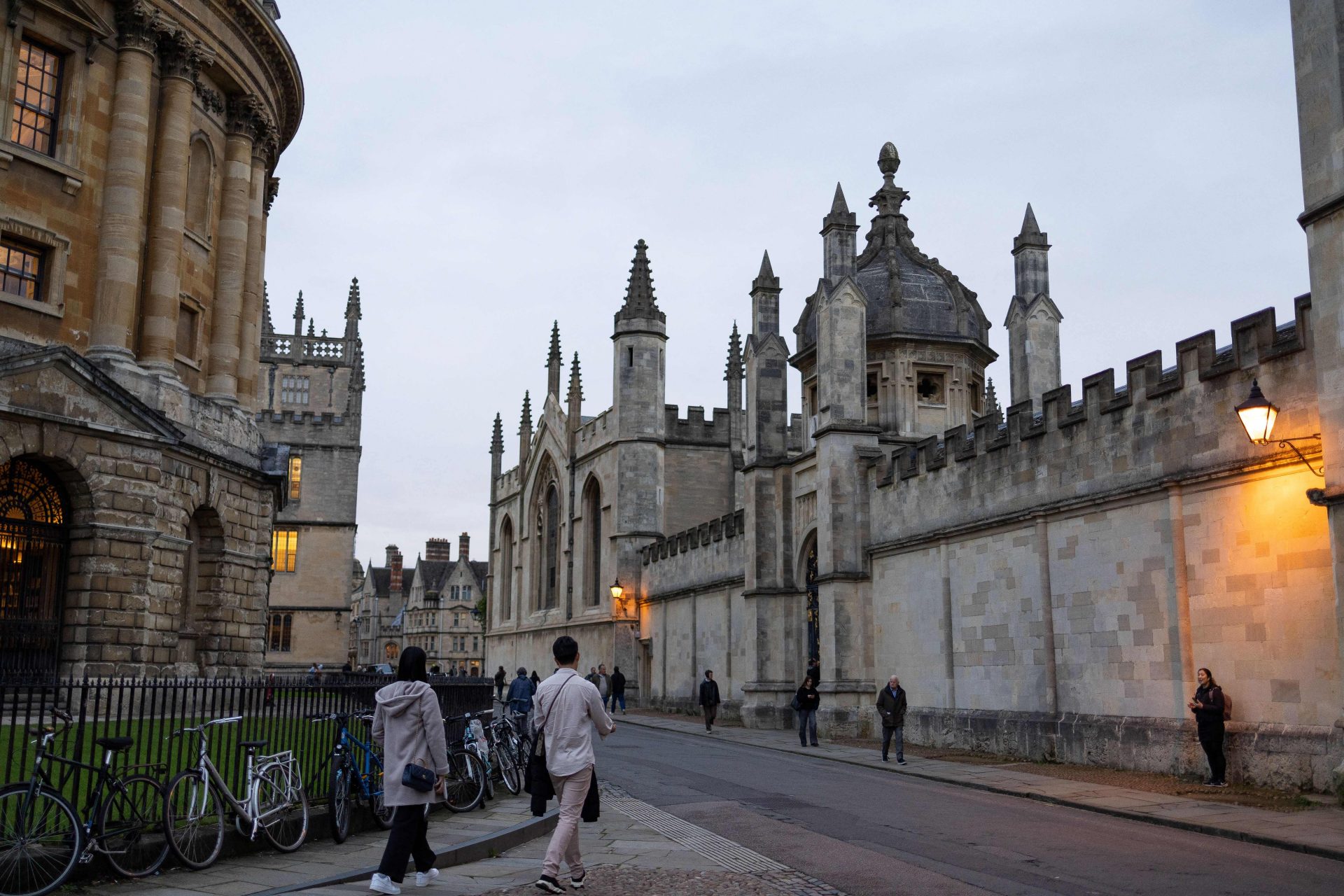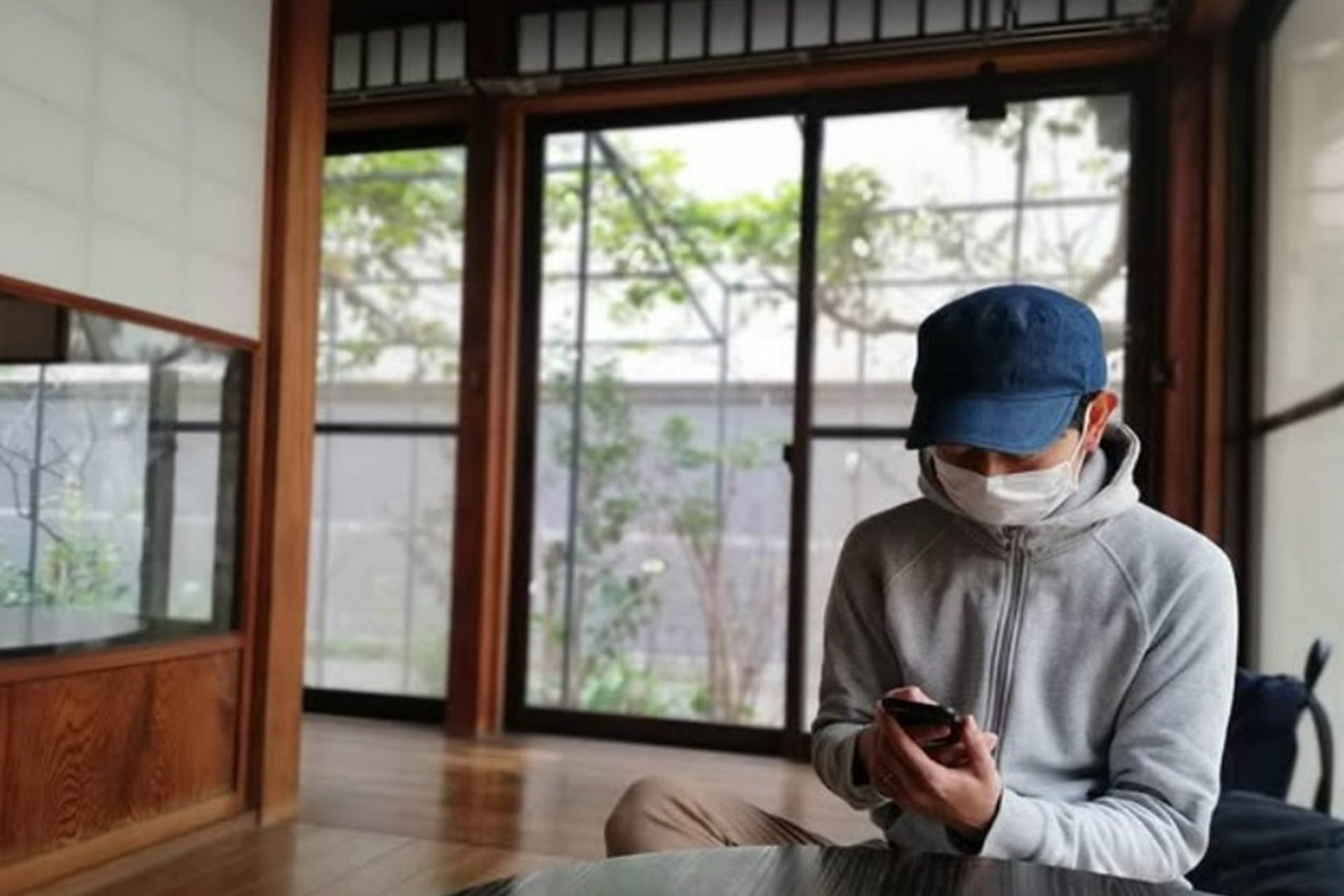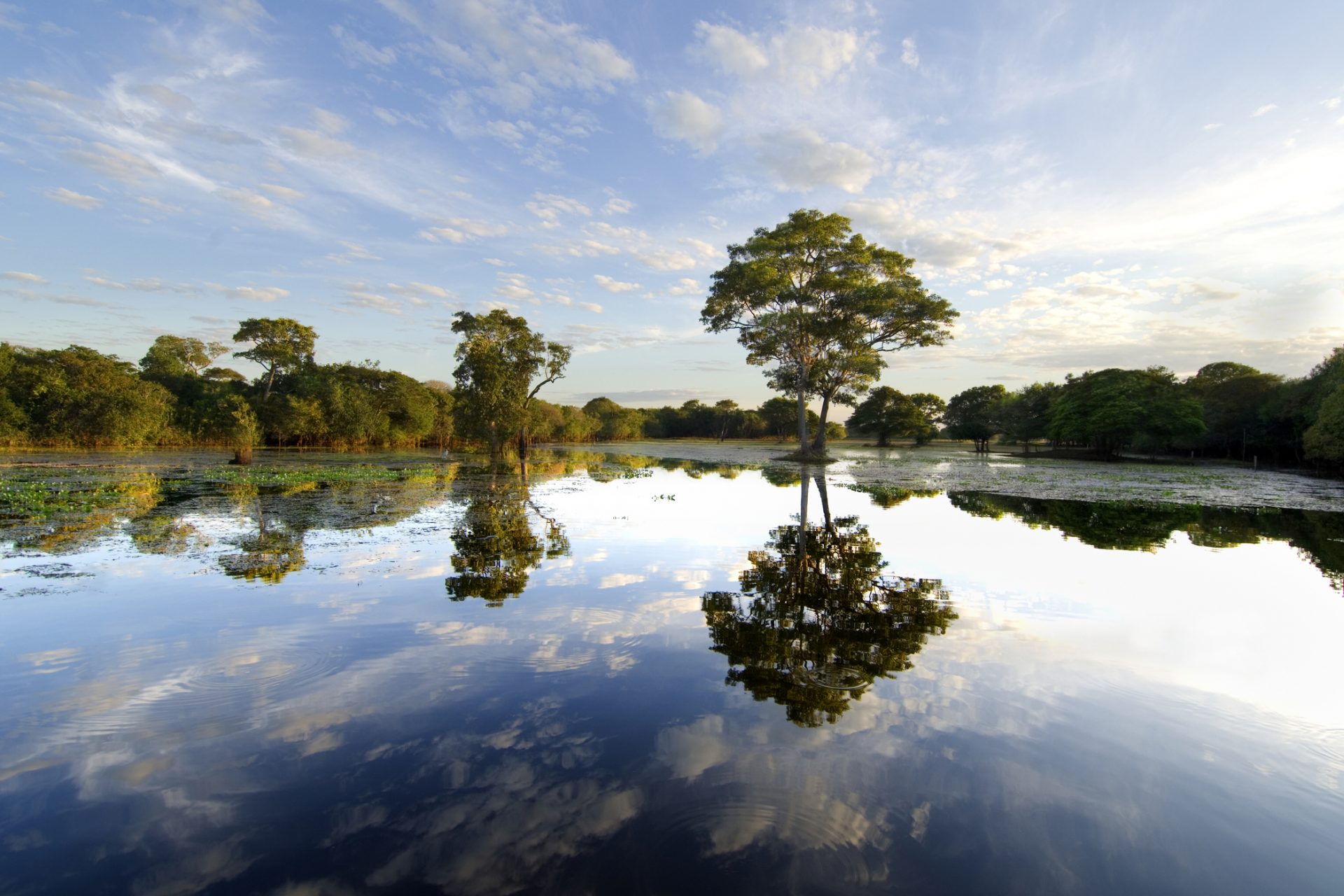The oldest active universities in the world
Universities have been pivotal in shaping the world we live in. Serving as bastions of knowledge and wisdom, they have molded our societies into the intricate and constantly developing entities we see today. These institutions boast a history that spans more than a thousand years. Yet, how many of these venerable centers of learning have stood the test of time and continue to thrive? Let's explore and discover!
Nestled in Tunis, the capital city of Tunisia, this institution is hailed as the oldest educational hub in the Arab world by historian Hassan Hosni Abdelwaheb. Founded in 737 as a madrasa (Muslim higher-education school) within a mosque of the same name, students here steeped themselves in religion, literature, and science.
The Guinness Book of World Records ranks this as the oldest operating university in the world. In 859, the university was founded as a madrasa by Fátima al-Fihri, a Muslim woman (although women were only admitted quite recently). The hallowed halls of this university have seen legendary pupils like philosopher Maimonides and Pope Sylvester II.
Hunan University traces its roots back to the Yuelu Academy during the Song dynasty in 976. During the Qing Dynasty, it taught an ascetic philosophy of self-examination and reviving society from its decadence. By the early 19th century, practical studies were also involved, and in 1903, it became a university that is now a national leader in engineering. It is the only ancient Chinese academy to have evolved in this way.
Originally a Shia theology school before shifting to Sunni, this university primarily focuses on religious studies and Islamic culture. But since the '60s, it's mixed in Applied Sciences for a more holistic approach.
Regarded as the oldest university in Italy and the Western world, it rose to fame in the Middle Ages for its humanities programs, especially law. Today, it offers a variety of disciplines ranging from anthropology, arts, economics, and law to medicine, pharmacy, mathematics, and engineering, also including agronomy, veterinary science, and pedagogy.
While we can't pinpoint the exact founding date, evidence suggests teaching began in 1096, making it the oldest English-speaking university. Its alumni roster includes a who's who of influential figures such as economist Adam Smith, philosophers John Locke and Thomas Hobbes, UK Prime Ministers Margaret Thatcher, Tony Blair, David Cameron, Theresa May, King Harald V of Norway, author J.R.R. Tolkien, media mogul Rupert Murdoch, and A-list actors Hugh Grant and Emma Watson.
Despite several closures (the first one in 1332 by Pope John XXII), this university, established in 1117, remains one of the oldest active universities worldwide. Initially, it offered liberal arts programs, later adding law and medicine in the 13th century. It thrived under the patronage of Duke Ranuccio I Farnese and Duke Ferdinand I of Bourbon.
Photo: Instagram (@unipr.it)
The oldest French university is in the heart of Paris, and it's been a launching pad for luminaries such as Marie Curie, Jean-Paul Sartre, Simone de Beauvoir, René Descartes, Louis Pasteur, and Victor Hugo.
We can't forget the legendary University of Cambridge, founded in 1209. King Henry III of England granted it a Royal Charter in 1231. The university was formed by a group of scholars who left the University of Oxford following a tiff with the townsfolk. Notable alumni include biologist and naturalist Charles Darwin, mathematician Alan Turing, and physicist Stephen Hawking.
Alongside Paris, Oxford, and Bologna, the University of Salamanca is one of Europe's earliest universities. King Alfonso IX of Leon's desire for a higher education hub in his kingdom led to its creation. It holds the distinction of being the only old Spanish university to have continued operating since its inception.
This university traces its roots back to 1220, when Cardinal Conrad established it, although it wasn't confirmed by Pope Nicholas IV until 1289. The French Revolution triggered a brief pause in academics, but it was back up and running in 1896.
The University of Padua came into being in 1222 when Bishop Giordano and magistrate Giovanni Rusca sheltered professors and students looking for academic freedom who had left the University of Bologna. It originally only had a Law School, but later, in 1399, schools of Arts and Sciences were added.
This is one of Italy's most important universities. Emperor Frederick II, who was excommunicated by the Church, founded it. That makes it the oldest secular and state university in the world.
In the heart of Tuscany, the University of Siena was established in 1240. It started with Law, Grammar, and Medicine programs, and in 1252, in a bid to foster its activities, Pope Innocent IV granted tax immunity to its professors and students.
One of Spain's oldest universities, some scholars suggest it might be the oldest, considering the transfer of the General Study from Palencia, which was established in 1212. Today, the University of Valladolid has campuses in other cities like Palencia, Segovia, and Soria, offering degrees in a wide variety of academic areas.
Primarily centered on humanities and social sciences, the University of Macerata came into existence in 1290. Its operations were suspended with the birth of the Kingdom of Italy, but were later resumed, persevering until today.
Photo: Wikipedia (Florian Prischi)
As the oldest university in Portugal, its predecessor, the Estudo Geral, was established in 1290 in Lisbon and moved to Coimbra in 1308 by King Dionisio I. Fun fact: In 2013, UNESCO declared the historic campus of the University of Coimbra a World Heritage site.
The current University of Lérida takes after the General Study founded by James II of Aragon in 1300, with a papal bull issued by Pope Boniface VIII in 1297. Its establishment gave rise to a vibrant university district, which keeps the old city young at heart to this day.
This university, known as 'La Sapienza,' is not only Rome's oldest but also one of Europe's largest. Pope Boniface VIII founded it in 1303, funded by taxes on foreign wine and donations from Roman nobles.
The University of Avignon is one of France's smallest. Pope Boniface VIII founded it in 1303 to rival the Sorbonne, which was under the French crown's influence. Its shining moment came when the Pope relocated to Avignon.
Photo: Wikipedia (HaguardDuNord)
































